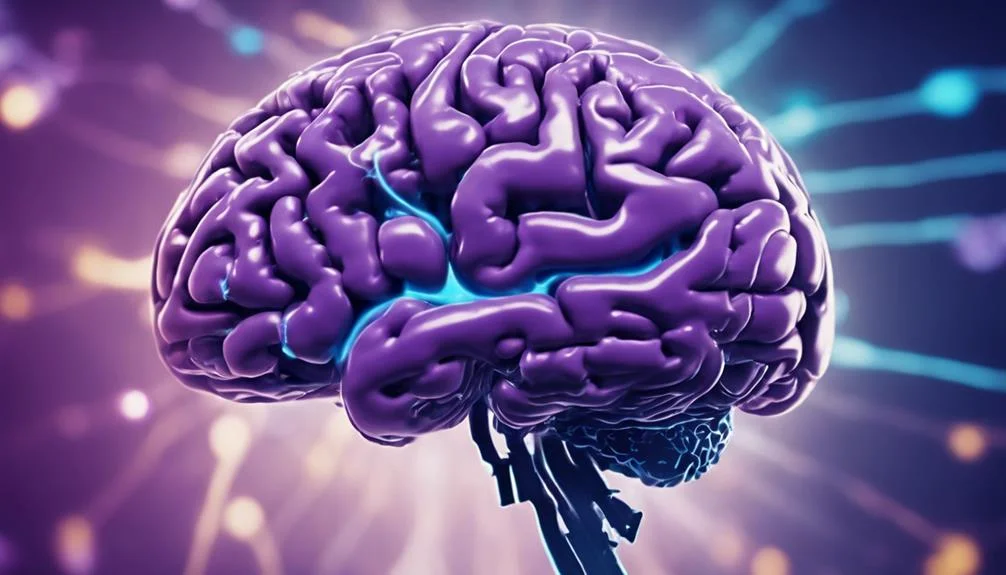We need to understand that how the brain regulates emotions is crucial for navigating daily life. A recent Dartmouth-led study looked into this, separating emotion generation from regulation. Published in Nature Neuroscience, the study identifies brain regions unique to regulating emotions, offering insights for clinical applications.

By analyzing brain activity during emotion-evoking tasks, researchers pinpointed areas involved in regulation, such as the anterior prefrontal cortex. They also explored neurotransmitter interactions, finding associations with systems regulating negative emotions. These findings shed light on potential therapeutic targets and the role of neurotransmitters in mental health treatments.
The ability to regulate emotions is fundamental to human behavior and well-being. When faced with challenging situations, individuals rely on their brain’s capacity to adapt and respond appropriately. Problems arise when individuals struggle to regulate their emotions effectively, leading to issues like anxiety, depression, and other mental health disorders. Understanding the underlying mechanisms of emotion regulation can provide valuable insights into addressing these challenges.
The Dartmouth-led study focused on separating emotion generation from regulation, a distinction critical for understanding how the brain processes emotions. By analyzing brain activity using functional magnetic resonance imaging (fMRI), researchers were able to identify specific brain regions involved in emotion regulation. This approach allowed them to isolate the neural networks responsible for modulating emotional responses.
One of the key findings of the study was the identification of brain regions unique to emotion regulation. The anterior prefrontal cortex and other higher-level cortical areas emerged as crucial hubs for regulating emotions. These regions play a vital role in cognitive functions such as abstract thinking and long-term planning, highlighting the complex interplay between cognitive processes and emotional regulation.
The study explored the role of neurotransmitters in modulating emotion regulation systems. Neurotransmitters like dopamine, serotonin, cannabinoids, and opioids play a significant role in shaping neural communication and affect emotional processing. By examining neurotransmitter binding patterns, researchers identified specific neurotransmitter systems associated with emotion regulation.
Notably, receptors for cannabinoids, opioids, and serotonin, particularly the 5H2A serotonin receptor, were found to be enriched in brain regions involved in emotion regulation. This suggests a potential link between neurotransmitter activity and the brain’s ability to regulate emotions. Understanding these neurochemical interactions could pave the way for novel therapeutic interventions targeting emotion dysregulation.
The study’s findings have significant implications for mental health treatment. Current antidepressant drugs that target serotonin reuptake are widely used to manage depression and other mood disorders. By elucidating the role of serotonin receptors in emotion regulation, the study provides insights into the mechanism of action of these medications. Additionally, the study suggests that psychedelic drugs, which also affect serotonin receptors, may influence emotion regulation processes.
Leave a Reply